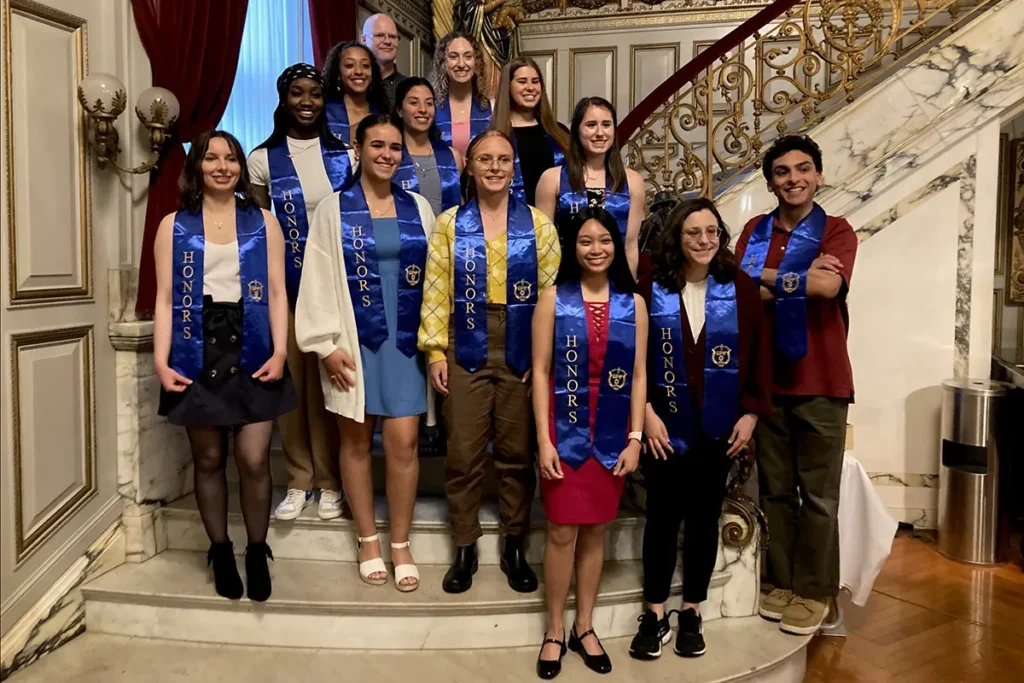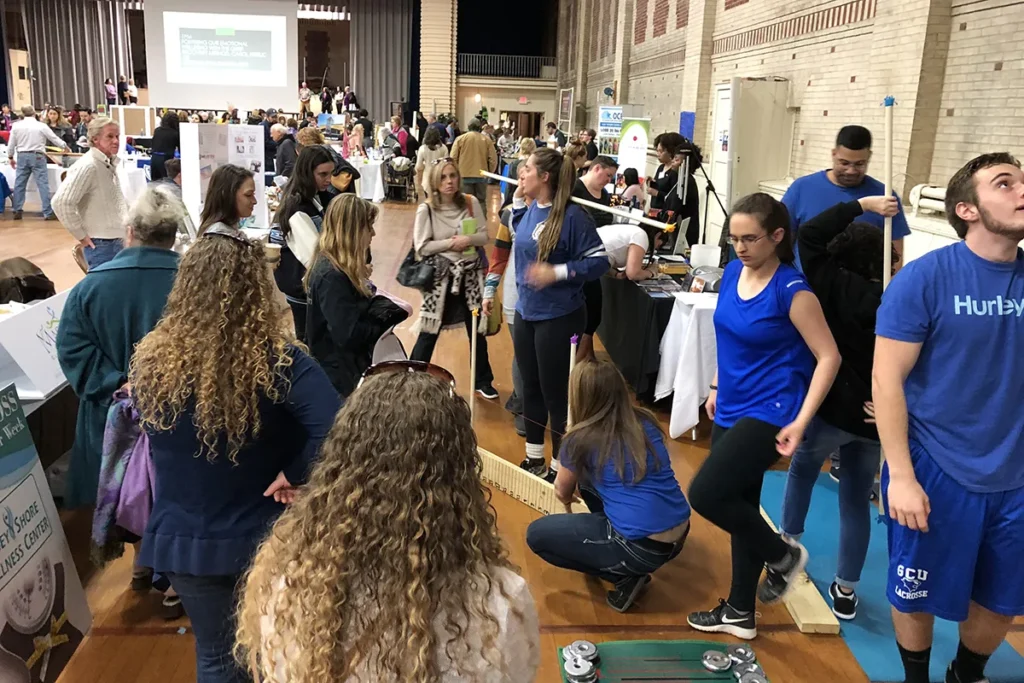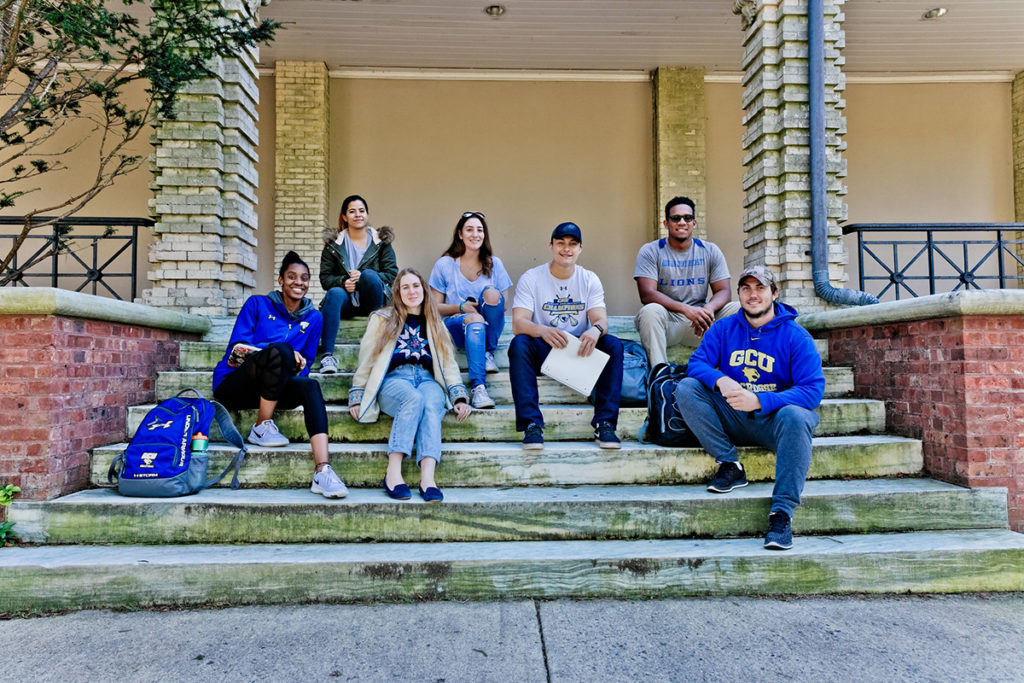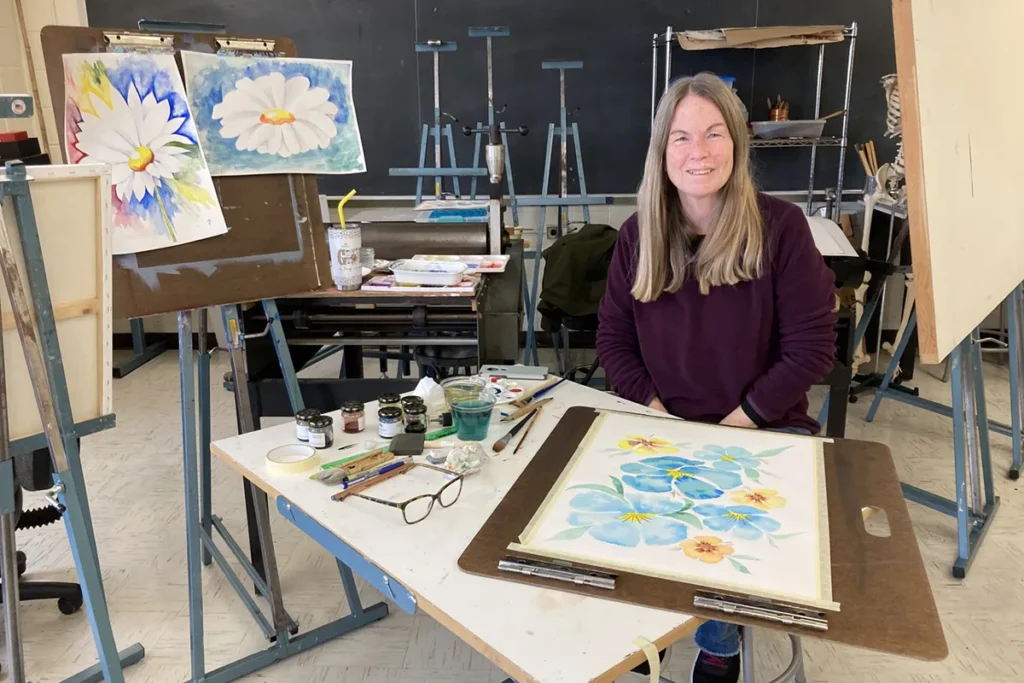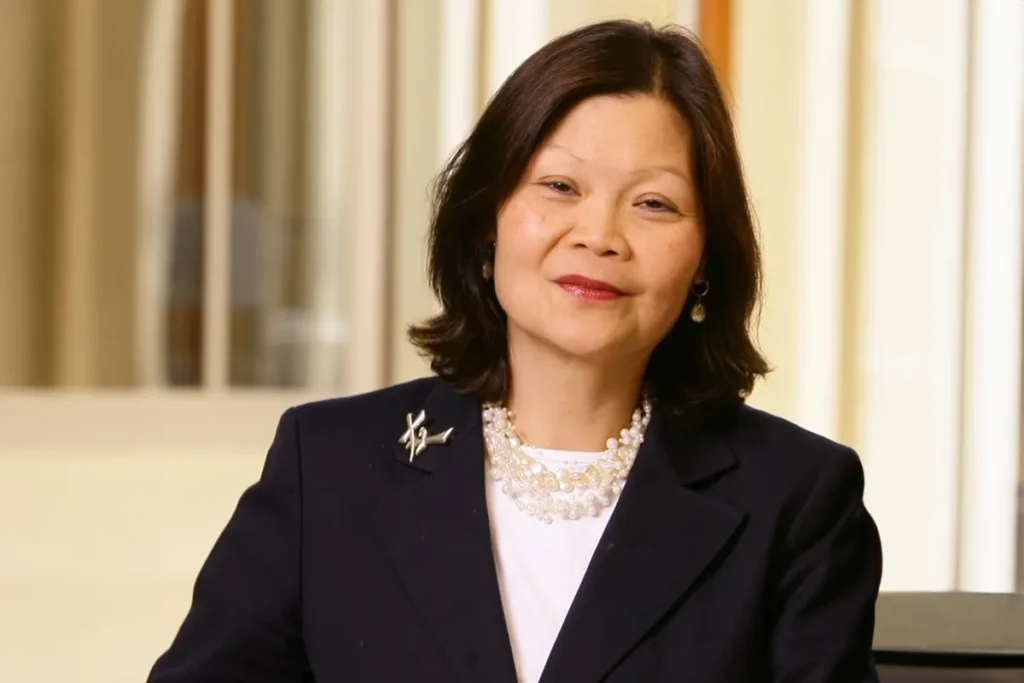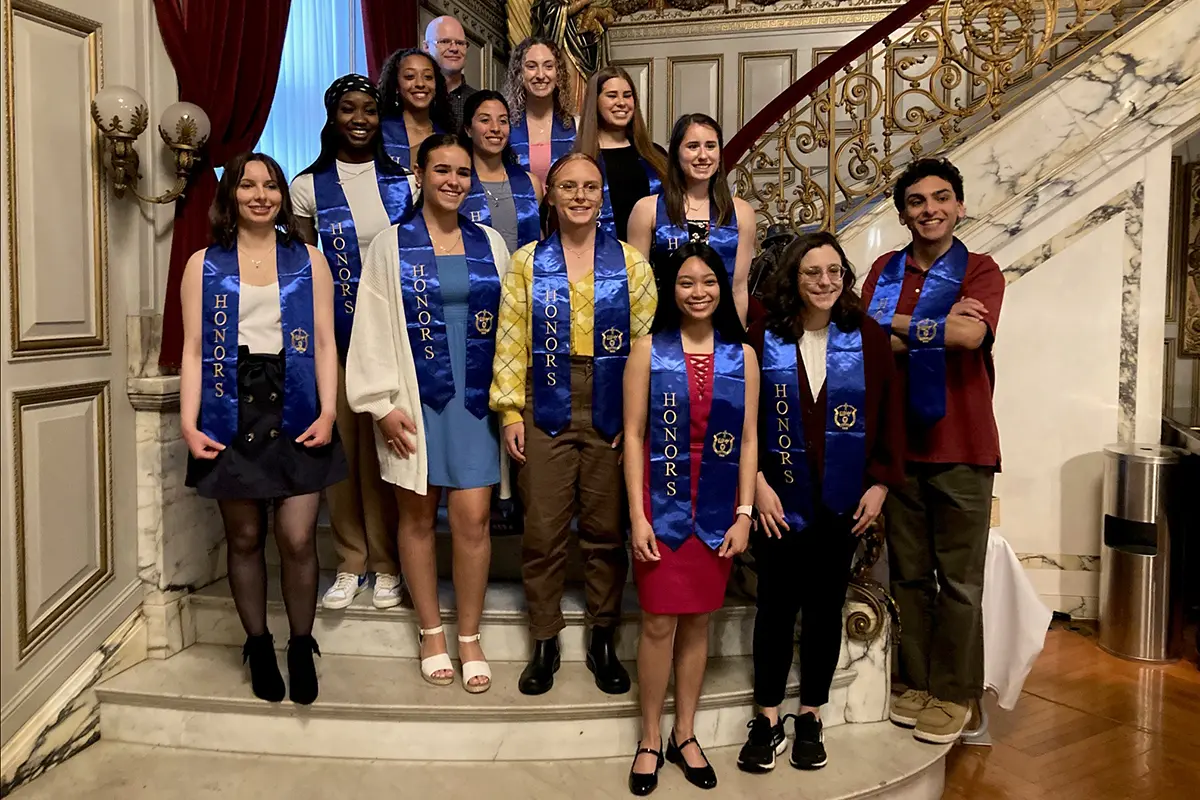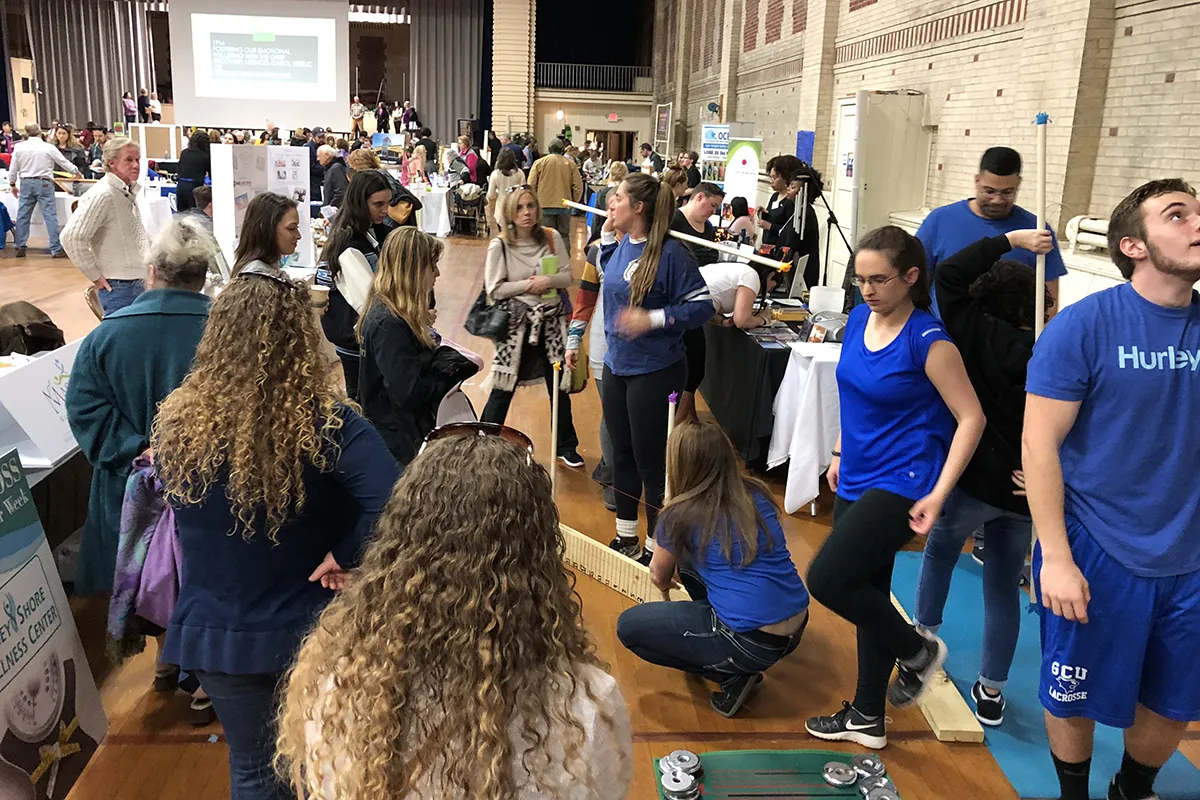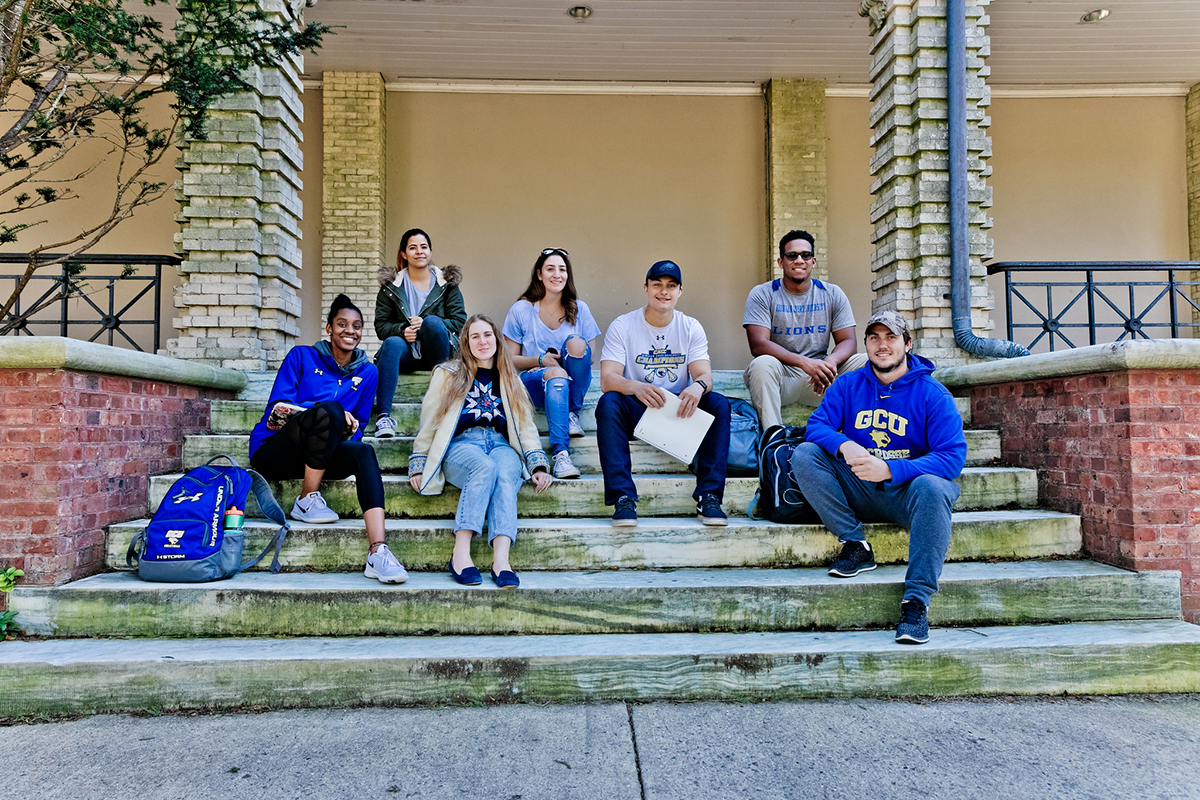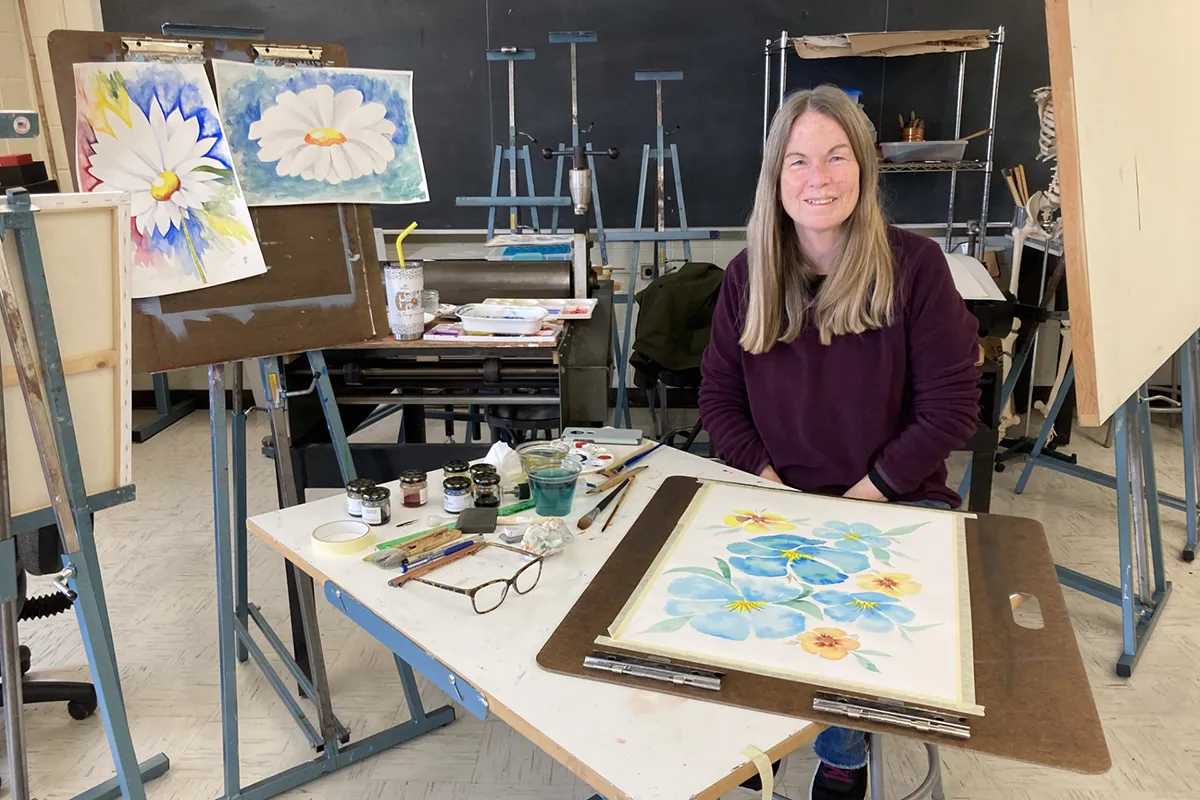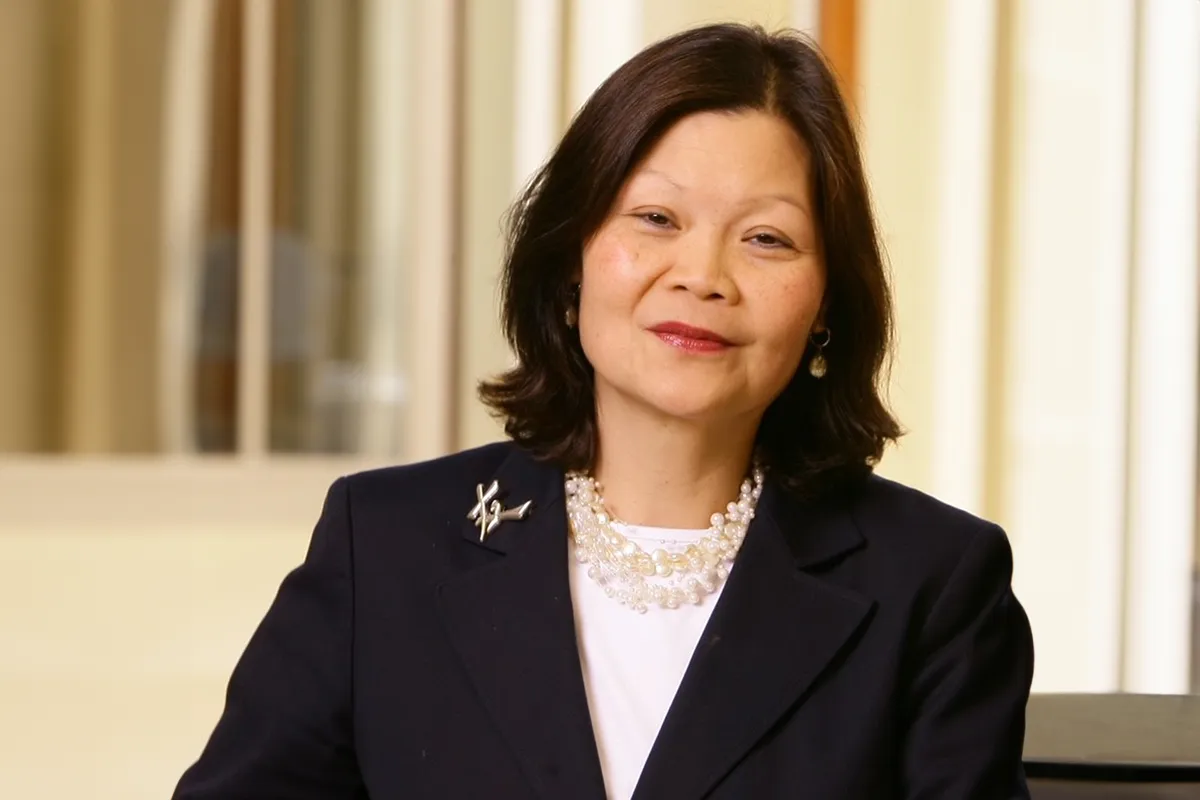Love on the Spectrum is more than just the popular Netflix series that continues to draw praise for giving audiences a look into the romantic lives of people on the autism spectrum. Love on the spectrum is a reality that university researchers and autism advocates say parents, educators, and especially autistic youth and adults need to understand, accept, and support.
Romance and sexual relationships can be tricky for everyone, and even more so for people on the spectrum because of their difficulty reading social cues. The consequences of denying comprehensive sex education to autistic people can include loneliness, isolation, frustration, victimization, and behavior that could be construed as harassment or worse.
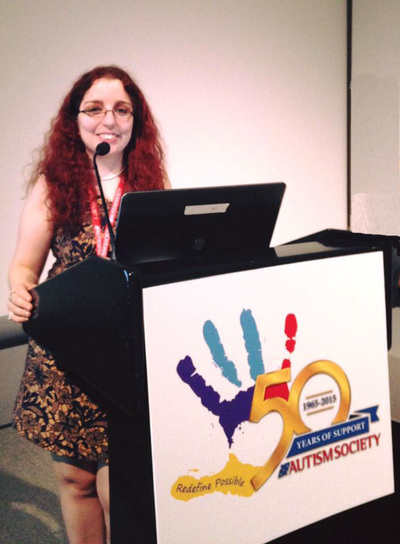
People on the Spectrum Want Love, Too
“Adults with autism do want relationships. They desire romance. They’re not children in adult bodies, and it’s dehumanizing to believe otherwise,” said Amy Gravino, M.A., an autism sexuality advocate, relationship coach in the Center for Adult Autism Services at Rutgers University, and president of A.S.C.O.T. Consulting. “Even younger people on the spectrum can and do have crushes, experiment with sexuality, and fall in love. It’s a common misperception among parents and teachers that they don’t.”
Ms. Gravino’s knowledge comes not only from academic training and observation, but from being an autistic woman who has experienced firsthand the promise and pitfalls of courtship. That’s one of the many valuable insights she shared with Melanie Mogavero, Ph.D., associate professor at Georgian Court University and director of GCU’s M.A. in Criminal Justice and Human Rights program.
“The research indicates there is less knowledge about dating, about sex, and having romantic relationships. So how do they learn? Movies, TV, the internet—not family and friends,” said Dr. Mogavero.
Dr. Mogavero explored this further in the study, “Dating and Courtship Behaviors Among Those With Autism Spectrum Disorder,” co-authored by Ko-Hsin Hsu, Ph.D., Kutztown University, and published in the scholarly journal Sexuality and Disability in 2020. The professors developed a survey and sourced respondents—both people with autism and those without—through Facebook advertising. They sought to answer two research questions: “Do adults with autism have less knowledge and understanding of romantic relationships compared to adults without autism?” and “Do adults with autism engage in more inappropriate or ‘stalking-type’/persistent courting behaviors than adults without autism?”
Their study results showed that adults with and without autism self-reported similar knowledge of sex. However, autistic adults reported significantly less knowledge on how to initiate romantic relationships than adults without autism and engaged in more persistent “stalking-type” behaviors while pursuing romantic interests.
Understanding the Subtle Cues of Relationships
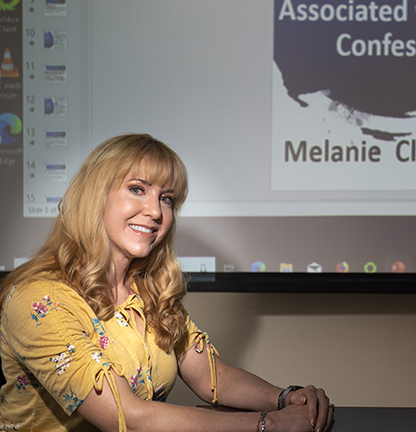
Many participants with autism responded that they did not understand how relationships work, which makes it difficult for them to handle a variety of dating situations.
“Communication in dating is often subtle,” said Dr. Mogavero, “especially when one is disinterested. When someone has social and communication difficulties, they may miss those important nonverbal cues.”
Ms. Gravino knows what it is like to be taken advantage of when pursuing a romantic relationship. And she has seen others—across genders and sexual orientations—fall into difficult circumstances when trying to date.
The bottom line, she said, is this: “People on the spectrum want relationships—romantic, interpersonal relationships. The desire to have a partner is there. But if they don’t learn how to navigate relationships, my concern is they could find themselves on either side of a ‘Me Too’ situation, either as a victim or as the perceived aggressor.”
“People on the autism spectrum need to know what a healthy relationship is and what an unhealthy relationship is,” added Dr. Mogavero.
Education and Acceptance
With support, people with autism can learn more about socially accepted courtship and experience the pleasures that love brings in a positive way. Ideally, but not currently common practice, this education should begin early.
“Parents and educators focus on helping autistic students with navigating academics and social skills, but sex education gets put on the back burner,” said Ms. Gravino. “Children and adolescents with autism need the same-sex education as their typically developing peers.” If that’s not currently the practice within the student’s district, she advises, include sex education curriculum in their individual education plan (IEP).
Resources for Adults on the Spectrum
For various resources on autism, self-advocacy, health, and sexuality, see:
- Autistic Self-Advocacy Network (ASAN) Resource Library
- A.S.C.O.T Consulting
- The Rutgers Center for Adult Autism Services (RCAAS)
- RCAAS Newsletters
Story contributed by freelance writer Sheila Noonan.


